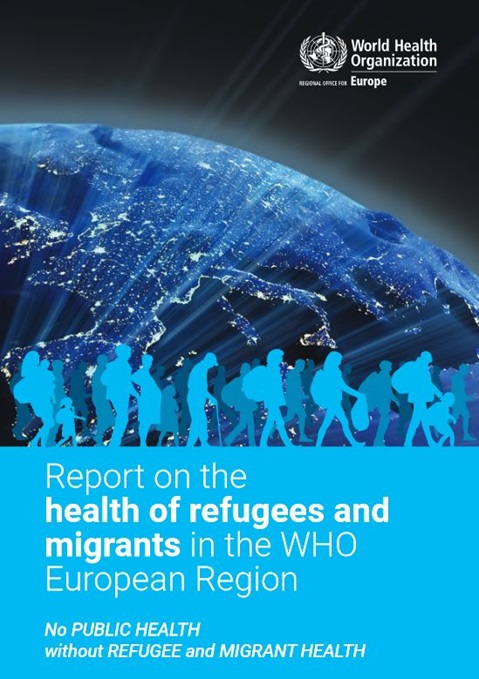The Growing Global Migrant Crisis: An Unsettling Surge in Displacement
A recent publication in ‘The Lancet’ disclosed the struggles of establishing protective measures for migrants brought about by political narratives fuelled by ‘hatred’. Such narratives, being magnified by the media, thwarts the efforts of ensuring the migrant’s health. Migration remains one of the most pressing issues of this century with the health and safety of the migrants at its core.
The publication also highlighted an unsettling surge in forced displacement. Events leading to this surge have been cited as wars, violence, persecution, and infringement of human rights, among other public disturbances. By 2024, the globe saw a staggering 304 million migrants indicating an increase in international migration.
Public opinion on the topic of immigration remains mixed with certain sections remaining dubious while others display overt antagonism. The subtle manipulation of political storytelling, backed by hatred is at the heart of this problem. This management of information is effectively propelling restrictive and fortified positions on migration.
In the realm of human rights, health is unequivocally integral to everyone. Domestic regulations concerning refugees stipulate that governments must extend required aid to individuals fleeing violent environments and persecution. Medical outcomes amongst immigrants often fall short in comparison to the local populace. Health thus continues to be a pressing concern within global outreach programmes.
The migrants are many times portrayed as vulnerable and forgotten sections of society. This betrays their position as key contributors to societal development. Migrants play a pivotal role in economic growth, societal advancement, and broadening the cultural milieu of communities.
The resolution of health and migration is necessary to progress towards achieving universal Sustainable Development Goals (SDGs). These goals include wide-ranging health coverage and proficient management of health emergencies. Migration, on a global scale, is an inevitable phenomenon driven by several forces across various sectors.
Economic, political, demographic, environmental, sociocultural factors are some of the forces that drive migration on an international scale. Climate change stands out as a major contributing factor for displacement on a large scale. The global climate crisis has necessitated that people relocate, disrupting established living patterns.
World Bank’s research indicates that climate change may necessitate over 216 million individuals spanning six continents to relocate within their respective countries by the year 2050. Migration remains an imminent reality that needs tackling, given these projections for the mid-century.
World Health Organisation, despite its current hurdles related to organisational restructuring and funding shortfalls, maintains its unique position as a standard-setting entity. Its mandate includes bearing the health responsibility of the global populace that’s on the move.
Conclusively, the magnitude of migration will remain one of the key issues of this century. Displacement, whether forced or voluntary, due to factors like climate change, persecution, violence is leaving millions in dire need of protection and care. This makes the health and safety of migrants a major human rights concern.
As the situation intensifies, it is no longer just a challenge of protecting the arriving migrants. It becomes a question of how we, as a global community, handle the human right to health with fairness and equality. Given the integral role migrants play in diversifying and enriching our communities, it further magnifies this challenge.
Despite adverse narratives and public opinion, the migrants’ significant contribution to society cannot be overstated. Their role in economic growth, societal development, and cultural enrichment is influential, thereby painting them as integral societal components rather than an isolated subset.
Achieving SDGs, including universal healthcare and adept management of healthcare emergencies, will require addressing, and to a certain extent, resolving, the issues faced by migrants. Global migration is an undeniable reality shaped by forces such as politics, economics, demographics, environment and cultural dynamics.
While climate change catapults displacement on the list of imminent dangers, entities like the World Bank through their research and projections, continue to highlight its role in intensifying human migration. This gives us a peek into our future, where over 216 million individuals will be forced to move within their countries by the mid-century.
In such a complex scenario, it provides some reassurance knowing that organisations like the World Health Organisation, despite their own host of challenges, continue to hold their position as norm-setting bodies. They continue to include the health of the mobile global populace as part of their express mandate.
In conclusion, as the narratives surrounding migration continue to be influenced and amplified by hatred and division, it is the responsibility of the global community to shift the perspective. We need to collectively address these issues with empathy, considering the human rights of migrants and their significant contribution towards building a diverse and prosperous society.



